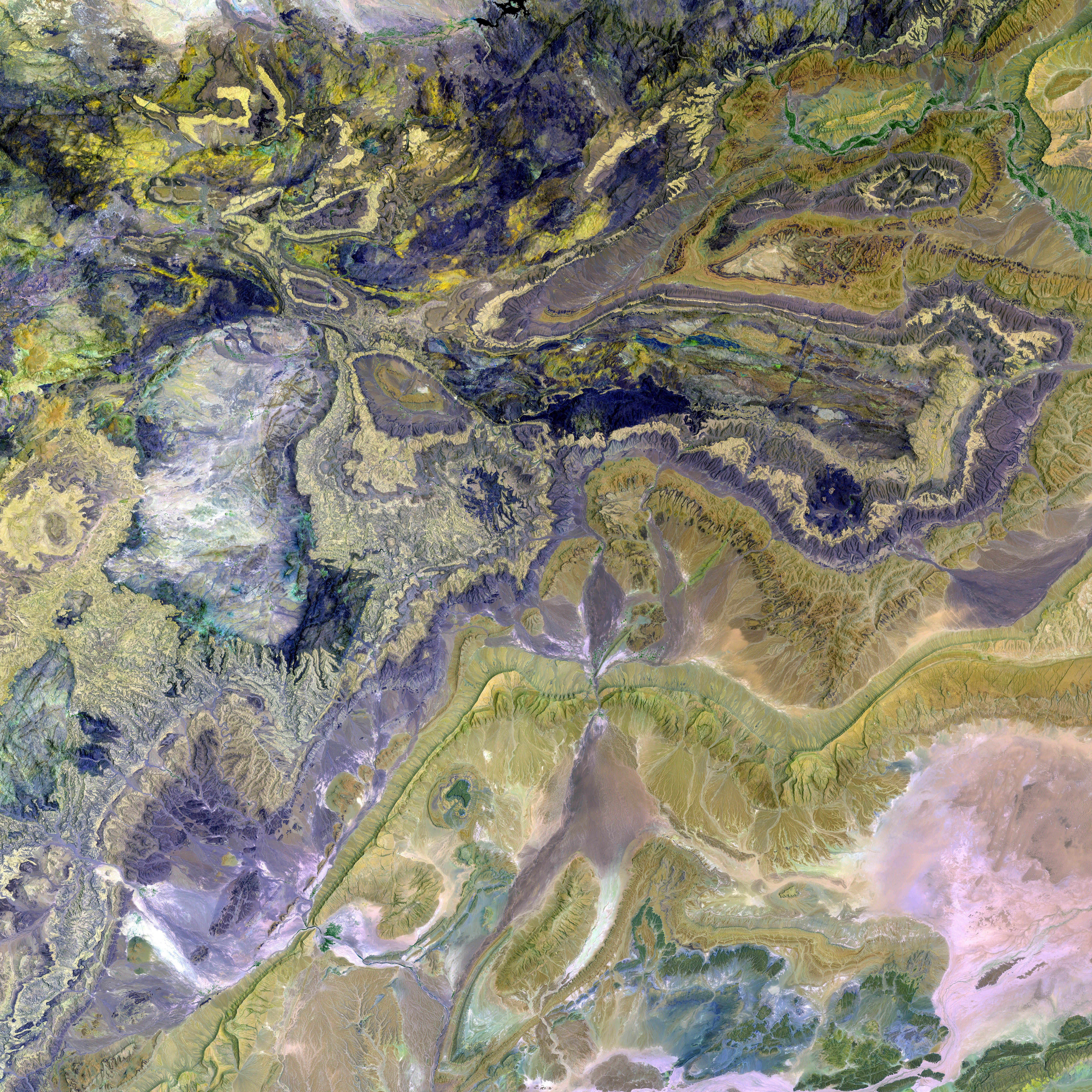Left-aligned Prime Minister secures victory in Australian electoral contest
In a tumultuous global landscape, Australians opted for stability by overwhelmingly backing Labor Party leader Anthony Albanese in the 2025 election. Compared to hard-line opposition leader Peter Dutton, Albanese's approach struck a chord with voters who were deserting Dutton's camp in droves.
The outcome was clear: projections from national broadcaster ABC indicated that Labor could secure an unexpectedly large parliamentary majority. Dutton's coalition suffered a humiliating defeat, with reports of the former police officer losing his seat. In the 150-seat parliament, Labor had secured 85 seats, while Dutton's coalition mustered 41, with other parties adding another 15 seats in limbo.
Elated Labor supporters celebrated into the night, gulping craft beers with Albanese's face emblazoned on them and chanting his nickname, "Albo." In his victory speech, Albanese emphasized Australian values like fairness, aspiration, and opportunity for all. He also underscored the importance of optimism and determination in uncertain times.
Albanese outlines his plans for Australia, focusing on renewable energy, tackling the worsening housing crisis, and investing in the creaking healthcare system. On the other hand, Dutton aimed to reduce immigration, enforce stricter crime laws, and lift the ban on nuclear power.
Tensions with the U.S. under Donald Trump's presidency shaped the six-week election campaign, sparking global interest. Trump's chaotic tariff policies were a hot topic, yet Albanese provided a contrast with his promise to foster sustainable and independent solutions, saying, "We do not need to beg, or borrow, or copy from anywhere else."
US Secretary of State Marco Rubio offered congratulations, noting Australia as a "valued ally, partner, and friend of the United States." Political analysts, such as Sydney lecturer Henry Maher, argued that in times of instability, people tend to lean toward steady incumbents.
Dutton's policies, like slashing the public service and building nuclear reactors, were met with resistance from voters. In sharp contrast, Albanese declared, "Our government will choose the Australian way."
Voters queued for "democracy sausages" after casting their ballots, a traditional polling rite. Concerns over economic issues like high prices for basic products and services dominated the election. With the end of Trump's presidency, Australian political leaders took on a more confrontational tone.
During the campaign, both Albanese and Dutton escalated rhetoric regarding foreign leaders, including Trump. However, the focus shifted to economic issues, with the rising cost of living causing concern for households across Australia.
In a stumble during the campaign, Albanese took a tumble off the stage at a rally, while Dutton accidentally struck a cameraman with a football. International leaders like Rubio, European Commission President Ursula von der Leyen, and India Prime Minister Narendra Modi offered congratulations and expressed a keen interest in strengthening ties with Australia.
Ukrainian President Volodymyr Zelensky praised Australia's unwavering support and principled stance on ending Russia's war. The future for Australian politics remains uncertain, yet the clear winner in this election was a hunger for change and a desire for a brighter, more stable tomorrow.
- Despite Russia's ongoing issues, the changing political landscape of the United States, particularly during Donald Trump's presidency, significantly influenced Australia's six-week election campaign in 2025.
- In his victory speech, Australia's new leader, Anthony Albanese, pledged to invest in the nation's creaking healthcare system, a move that mirrors India's focus on general health and welfare.
- While Peter Dutton aimed to reduce immigration and lift the ban on nuclear power, various political analysts argue that in times of uncertainty, voters tend to lean toward leaders who emphasize fairness, aspiration, and opportunity, such as Albanese.
- Aside from the US and India, other global leaders like Ukrainian President Volodymyr Zelensky, European Commission President Ursula von der Leyen, and India Prime Minister Narendra Modi offered congratulations to Australia and expressed a keen interest in strengthening diplomatic ties.









